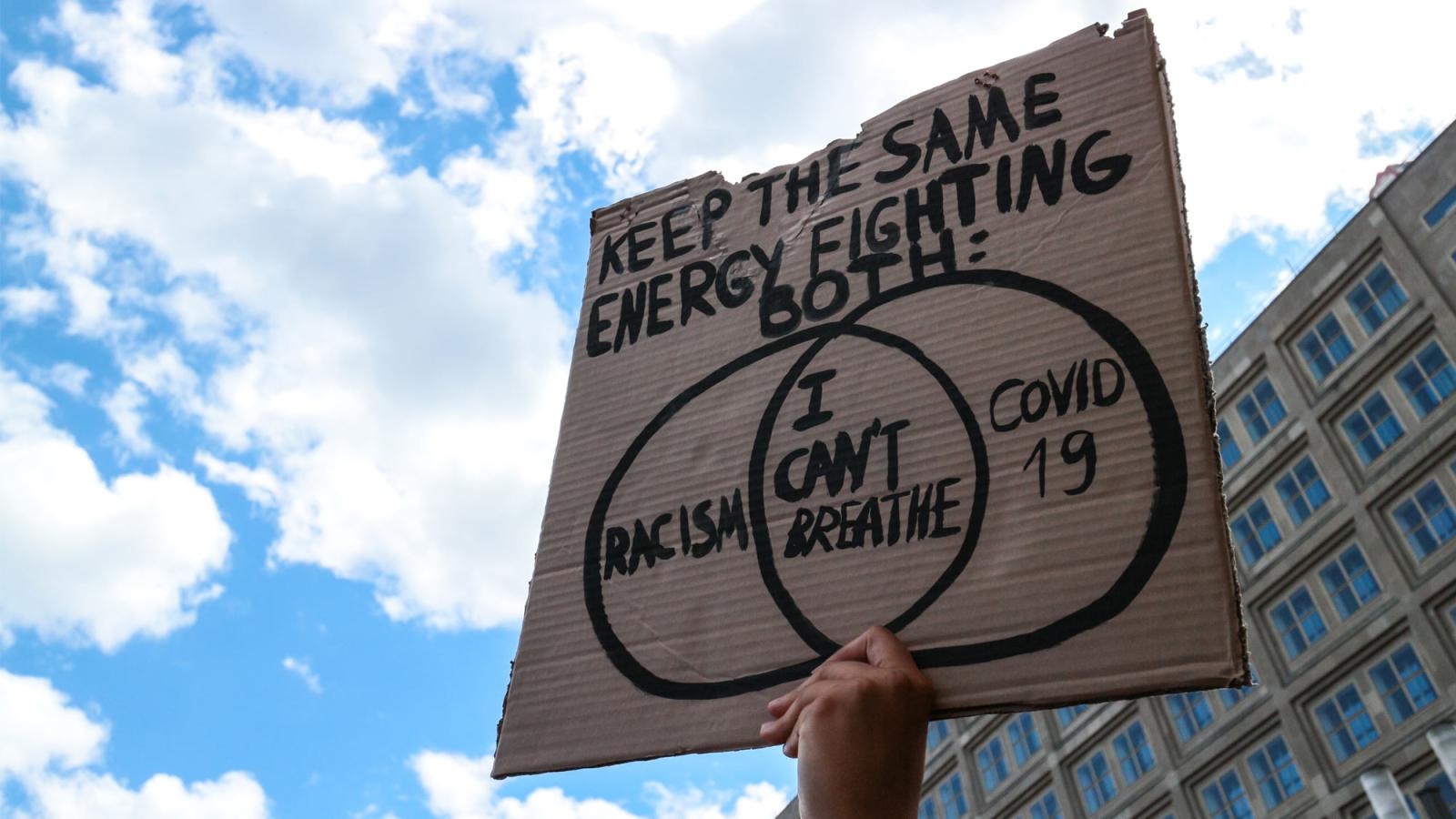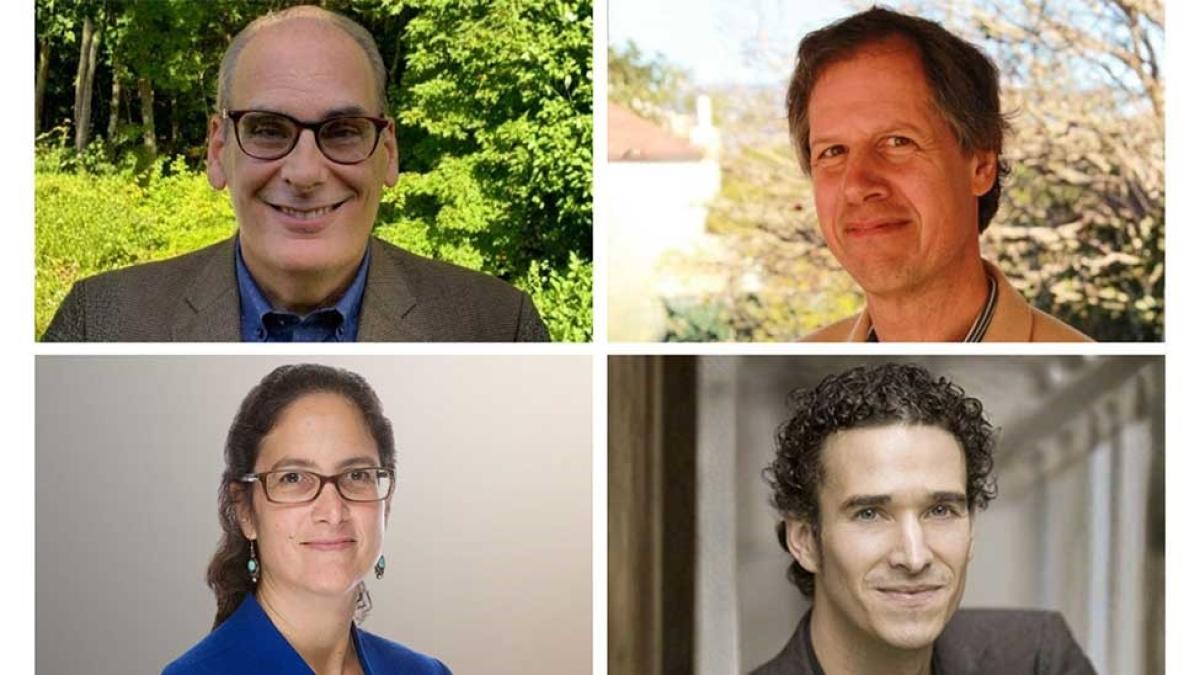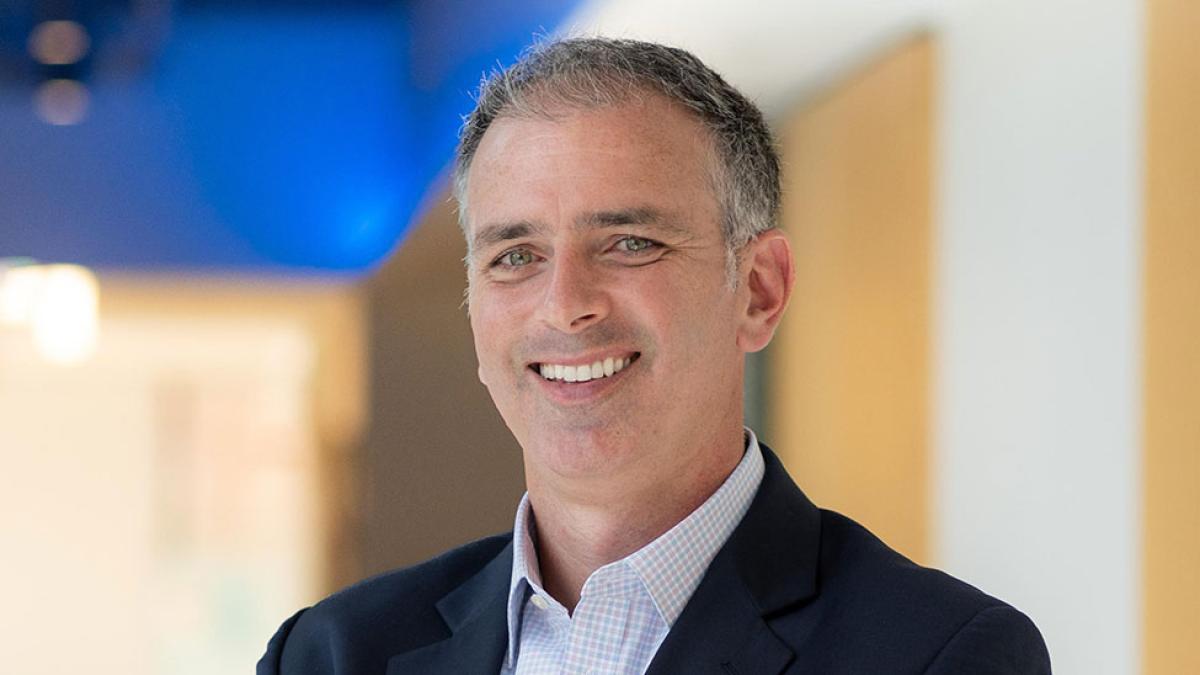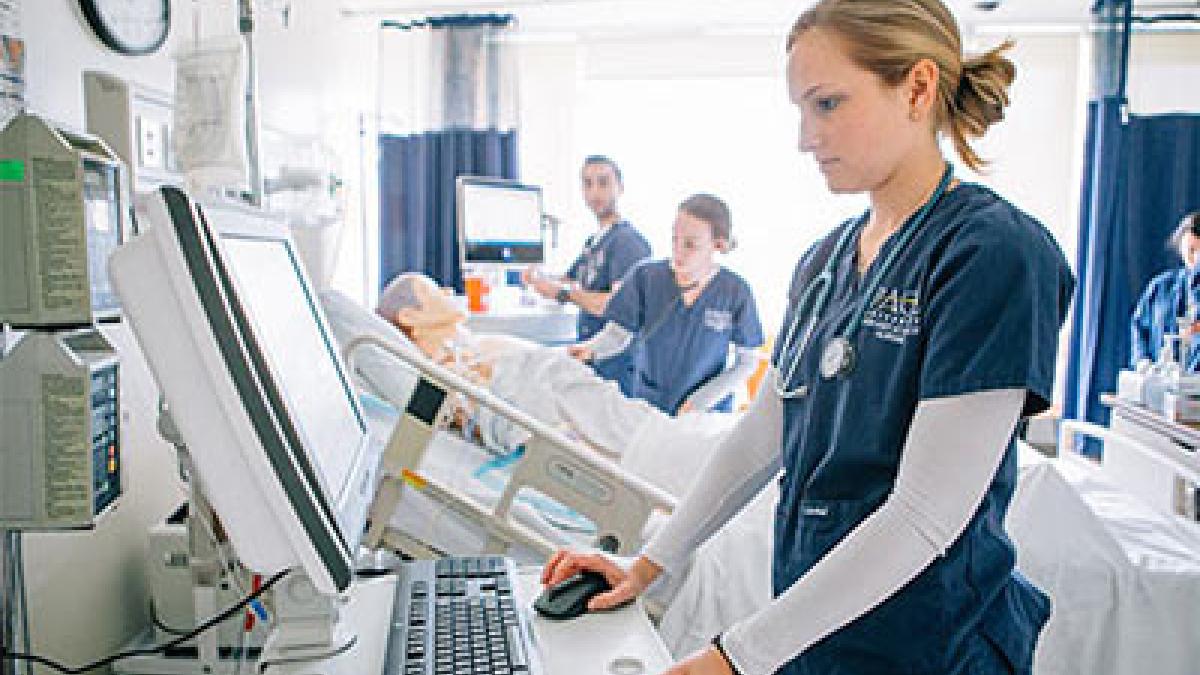The Elisabeth Haub School of Law at Pace University is proud to announce that a distinguished group of environmental law scholars will join the Law School as Haub Visiting Scholars.
The Oral History of COVID-19 and Black Lives Matter

The COVID-19 pandemic and the Black Lives Matter movement during 2020 forever shaped communities around our nation. Capturing first-hand experiences of how these events impacted people is a critical part of providing primary sources for future researchers, and that’s what Assistant Provost and Clinical Associate Professor of History Maria Iacullo-Bird, PhD, set out to achieve with her Oral History Project.
“Interviews provide a way to center personal human experiences during major historical events,” Iacullo-Bird says, “which become even more important as times of crisis and momentous change recede into history. I am excited that Pace undergraduates have generated primary sources to provide first-hand knowledge about watershed historical events.”
The project was developed as part of Iacullo-Bird’s Honors history course, HIS 196H: COVID-19 and Black Lives Matter: Comparative, Crisis-Based Oral History in the American Experience. The course is designed as a Course-Based Undergraduate Research Experience (CURE), which gives students training as oral historians to conduct research. Iacullo-Bird explains that this course in particular “explores the intersectionality between disease and social justice struggles.”
After students gain an understanding of the importance of oral history and develop close listening skills, students are tasked with selecting interview subjects and preparing questions that capture their interviewees’ unique experiences. Recent interviews are stored online on the Oral History webpage as a resource for other students and researchers.
“The interviews I conducted were great experiences,” says film and screen studies major Carter Haskins ’24. He explored the intersectionality between race and the long-term health impacts caused by COVID. “I found that the conversation came naturally. I ended up going to interviews with a prepared list of questions but not using them, and the outcome was fantastic.”
I feel like I will be able to engage in more meaningful research now that I understand the importance of considering how a historical event affects those experiencing it.
Jillian Igneri ’26, added, “During the early stages of my interview preparation, I was excited by the prospect of exploring aspects of recent crises, namely the COVID pandemic and the matters of racial injustice throughout 2020, that I had not experienced through my own eyes as they occurred.” This led Jillian to explore how educators dealt with the disruptions to learning caused by the pandemic as well as how educators’ roles in helping students grapple with social change evolved.
“Oral history has allowed me, as a history major, to engage with my community outside of the traditional academic space,” shared Natalie Filkins ’25, who focused her research on the impact COVID had on the unhoused population of New York City. “I feel like I will be able to engage in more meaningful research now that I understand the importance of considering how a historical event affects those experiencing it.” She adds, “As a historian, I found this project to be incredibly engaging, requiring me to exercise skills I haven’t used in other history courses.”
Na’Mya Sinclair ’26, a nursing student, who researched the Black Lives Matter movement and the function of higher education learning experiences for people of color, plans to continue studying nursing. However, she shares that “this project has significantly informed how I aspire to participate in the Pace University, New York City, and global communities. I am inspired to actively participate in discussions and initiatives that address racial inequalities, particularly within the university setting.”
Iacullo-Bird hopes that students will “deepen their understanding of how to be engaged citizens and problem-solvers in community-building projects.” The skills they develop through the research-based course also enable students to clarify career goals and apply what they have learned both in their studies and the workplace.


